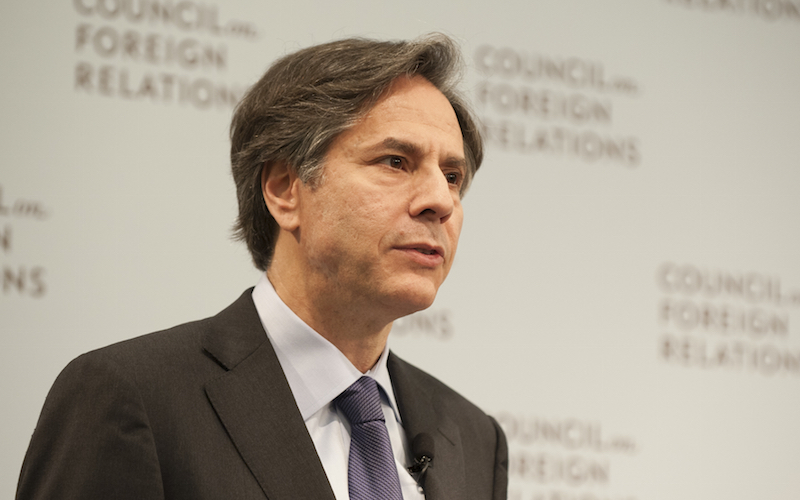
Can Diplomacy Work in the Middle East?
Events in the Middle East, proxy wars, manipulation and violence occur at a fast pace, lost in the beauty of the region and its people.
Iran-Arab relations are deteriorating as sectarian rhetoric and regional rivalries have become a power struggle with no winners. Iran and Saudi Arabia have entered into a stare-down in Yemen, and with nearly all the major states of the region taking sides, the flames of these tensions are reaching as far as Turkey and Pakistan. Added to this is the recent nuclear deal between P5+1 and Iran, which can cause more friction. What are the possible solutions for the Middle East?
The Nuclear Deal
How will the US-Iran nuclear deal affect the regional balance of power? The question can be broken down as follows:
How will Iran’s nuclear deal affect Saudi Arabia’s relations with the United States? Will there be cooperation between the United States and Iran? Iran did assist the United States against the Taliban back in 2001.
Both Israel and Saudi Arabia are not pleased with the nuclear deal. Will this lead to their resolving their differences in order to take a principled stand against Iran? Will this lead to an even greater three-sided (Israel, Saudi Arabia and Iran) sectarian conflict?
On paper, Saudi Arabia affirms the US-Iran nuclear deal. Does this mean the United States will help Saudi Arabia in its regional endeavors to return the favor? If so, will the United States openly oppose Iran’s involvement in Yemen?
A factor is the rise of the Islamic State (ISIS, or ISIL, or Daesh). Virtually all players in the region do not support IS (accusations and conspiracy theories aside, IS does not have any open supporters). In fact, the recent nuclear deal might have happened because the United States needs Iran’s help to fight IS in Iraq and possibly in Syria.
Can Diplomacy Work?
Recently, at the Turkish-Iranian summit, Iran gave a warm reception to Turkish President Erdogan. Even though both Turkey and Iran do not see eye to eye on various issues, they managed to agree to double their trade from $14bn to $30bn. The same model should be implemented in the case of Saudi Arabia and Iran. Diplomacy is the way forward, war is not.
Of course, such a summit seems unlikely as of now, especially because the Islamic Middle East involves multiple players: Turkey, Saudi Arabia, and Iran. More importantly, the volatile borders in the Middle East are not sensible. Many were drawn not by legitimate methods but as a by-product of imperialism. The divisions in the Middle East are more artificial and less logical.
This is precisely why diplomacy can be helpful. The best way forward for the Arab World would be complete unification, in sync with the aspirations of the Arab people and against the wishes of both Israel and the oil-hungry West. Sadly, at present that seems unlikely. Saudi Arabia is the de facto face of the Gulf. As such, any solution will have to acknowledge the reality. Similarly, Iranian borders and policies may be questionable, but it is a powerful country.
Conclusion
The most plausible solutions to the crises in Yemen and Syria would be a diplomatic arrangement between all the parties involved, sans the foreign detractors. Probably Turkey and Qatar can mediate. Saudi Arabia, Iran and other relevant parties can sit together and discuss the details.
Plausible? Might be, but it is still better than engaging in sectarian strife and giving additional leverage to NATO and Israel.
Both Saudi Arabia and Iran are involved in a race to the bottom, with each party declaring itself to be the sole voice of sanity. In such a tug of war, there are no winners, and if the current trend continues, all of the Middle East will fight its way back to the Stone Age.

